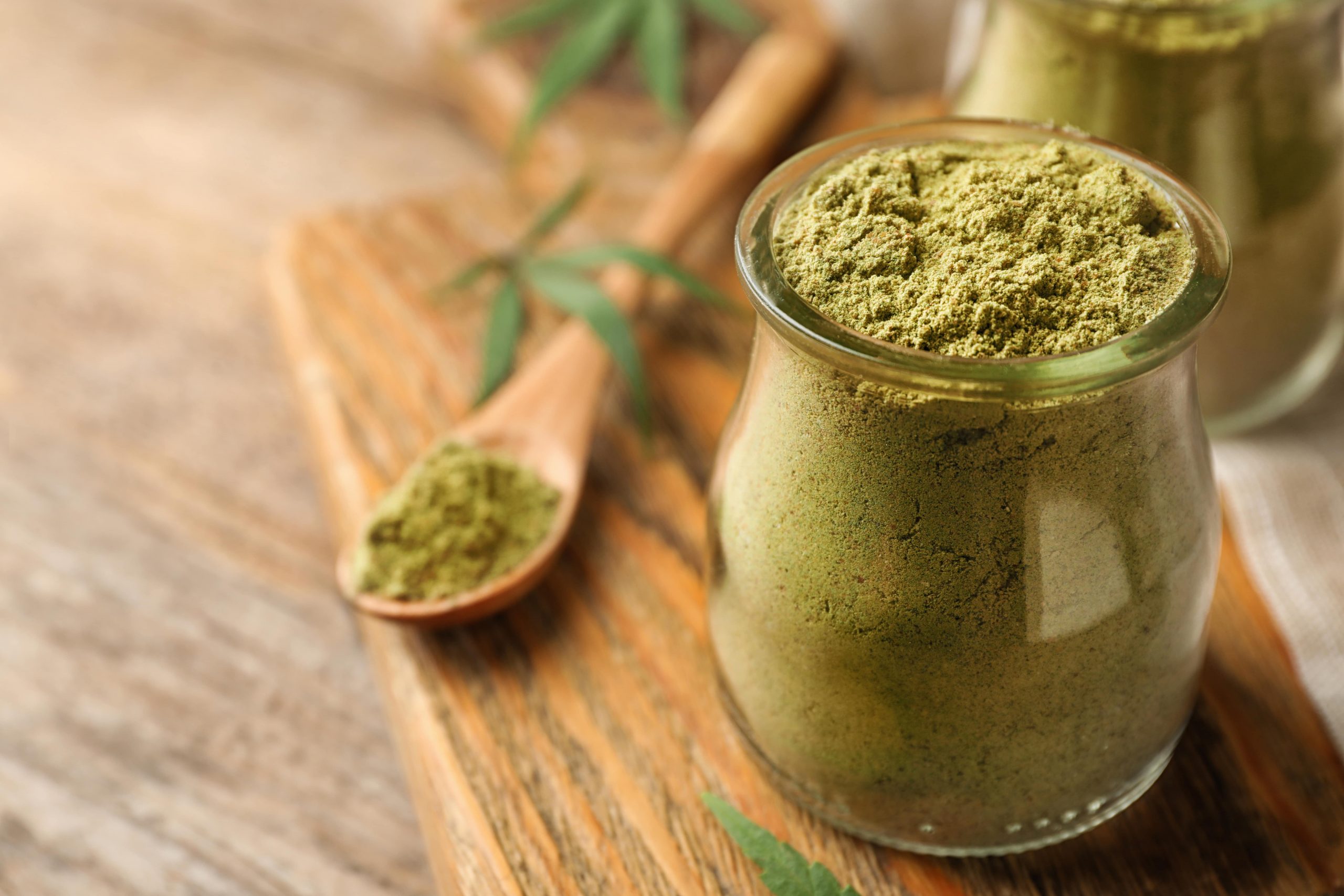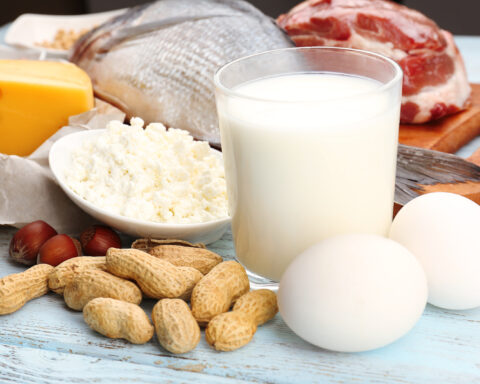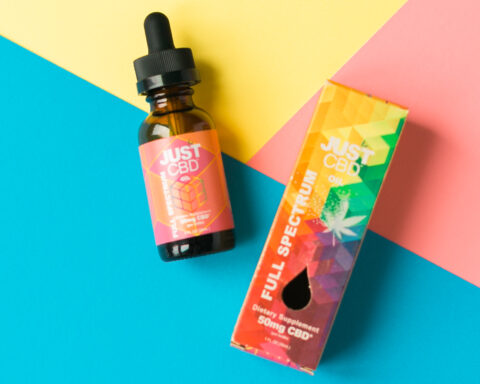Protein is one of the essential nutrients that your body needs. It is a macronutrient, meaning that your body needs it in large amounts. It is important for an array of bodily functions, including building muscle.
Besides being sourced from foods, such as eggs, meat, and fish, protein can be made into dietary supplements and sold in the form of powders. They are popularly used by athletes and bodybuilders to gain weight or increase muscle mass. Hemp protein powder is one of the known types made by grinding hemp seeds. It is often added to shakes or smoothies as a way of increasing protein intake. Its nutty and earthy flavor makes it easy to consume it. It is a protein of high quality suitable for vegans and contains all the nine essential amino acids. This article discusses the benefits and potential downsides of hemp protein powder.
High Quality and Complete Protein
Hemp is a high-quality and complete protein loaded with all nine essential amino acids. Your body is unable to make these proteins, and you must source them from food. That said, the exact amount of these amino acids seems to be differed on by research results. On one side, researchers say that the amounts of amino acids in hemp protein are equal to that of soy and egg whites, both of are excellent sources of high-quality protein. On the other, studies claim that hemp protein contains a small amount of essential amino acid lysine, making it the worst option for this nutrient. A single serving of hemp protein powder weighing 30 grams delivers about 120 calories and 15 g of protein. However, this depends on the brand at hand. Such protein content per serving is too low compared to pea or soy protein, both of which boasts 90 percent protein. However, they are highly processed, making hemp protein a good option for people looking for less processed protein powders.
Easy To Digest
Your body digests animal protein easily than plant proteins. However, studies indicate that about 91 to 98 percent of protein sourced from finely ground hemp seed canbe digested. This implies that all amino acids found in hemp powder can be utilized by your body and serve important body functions such as the repair and maintenance of muscles. According to research, what makes hemp easy to digest is its content of albumin and edestin proteins, which are broken down quickly. Considering the content of amino acids and digestibility, evidence suggests that protein in hemp is of the same quality – moderate quality. Some brands of hemp protein can be heated during processing, which reduces protein digestibility by 10 percent. For high-quality hemp protein, look for powders made from cold-pressed seeds.
An Excellent Source of Fiber
Studies have linked a high intake of fiber to a number of health benefits, such as improved blood sugar regulation, increased number of healthy gut bacteria, and reduced risk of intestinal cancer. The recommended daily intake of fiber for women is 25 grams, while men should aim for 38 grams. Unfortunately, most American adults do not meet these recommendations. Using hemp protein powder and other foods rich in fiber can help seal this gap. It is worth mentioning that the amount of fiber in hemp protein powder can vary depending on whether the hemp seeds used were hulled or unhulled. Added fiber can also contribute to the difference. Most brands of hemp protein powders usually contain 7-8 g of fiber per 30-gram serving. This provides 18 percent of the recommended daily value (RDV) of fiber for women and 28 percent of the RDV of fiber for men. In comparison, protein powders made from plants, including pea, soy, and rice, are considerably low in fiber as they are highly processed. With its protein and fiber content, hemp protein powder can increase your feelings of fullness.
Contains Unsaturated Fats
Even though the seeds used to make hemp protein powder have been pressed to remove oil, the powder still delivers up to 10 percent of the original fat contained in the seeds. A single serving of hemp protein powder weighing 30 g delivers 3 g of fat, of which a big percentage is an unsaturated fat that improves your heart health. Additionally, hemp seeds have a well-balanced ratio of omega-6 to omega-3 fatty acids at about 3:1. Many processed foods in the Western diet provide an unbalanced ratio of these fats (15:1). Excess amounts of omega-6 fatty acids in the body have been associated with several chronic diseases, including heart disease and cancer. Including foods such as hemp seeds that have a balanced ratio of these fats can significantly restore the balance and improve your heart health.
High In Minerals and Antioxidants
Hemp seeds are a great source of beneficial minerals such as magnesium, phosphorus, copper, zinc, manganese, calcium, and iron. No single study has so far shown how the amount of these minerals are affected by processing the seeds. That said, nutrition labels on many brands of hemp protein powders indicate that the content of magnesium is up to 80 percent of the RDV while that for iron is 52 percent. Additionally, hemp seeds are rich in lignanamides, which are compounds with powerful antioxidant properties. Antioxidants protect your cells from being damaged by oxidative stress – a state that has been linked to several chronic conditions like cancer, type 2 diabetes, and heart disease.
Earthy Taste
Hemp protein powder has an earthy and nutty taste. Some people also describe its taste as grassy. This is a taste that is liked by many who use hemp protein powder. However, some are put off with it, claiming that it is too strong. It would help to try a small amount of the powder before going for it in bulk. It is also less refined, blending it well with smoothies and shakes.
Conclusion
Your body needs protein from time to time for continuity of its functions. Protein powders are a perfect way of increasing your protein intake. You can add hemp protein powder that has a nutty and grassy flavor into smoothies or shakes. This will help deliver high-quality protein and antioxidants.
- How the Pec Deck Works Your Chest - April 19, 2024
- Homemade Eye Drops: Risks, Benefits, and More - April 19, 2024
- SMART TOOTHPICKS COMPANY - July 29, 2023









